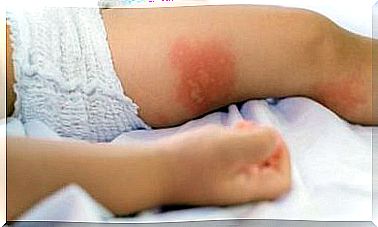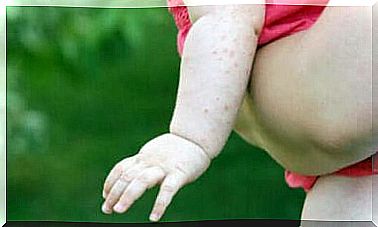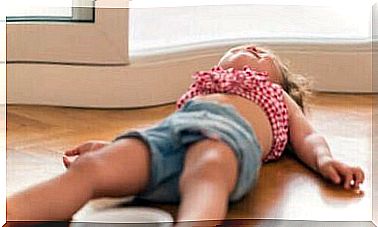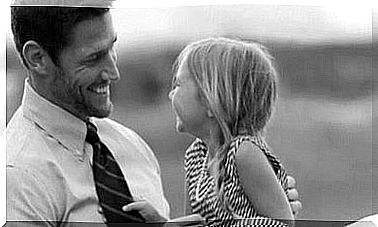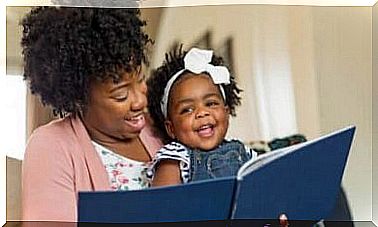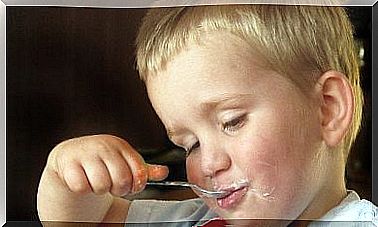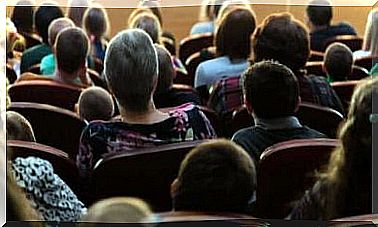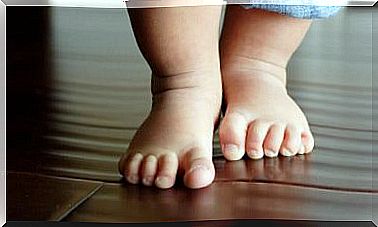The Baby’s First Tooth – Are You Ready?
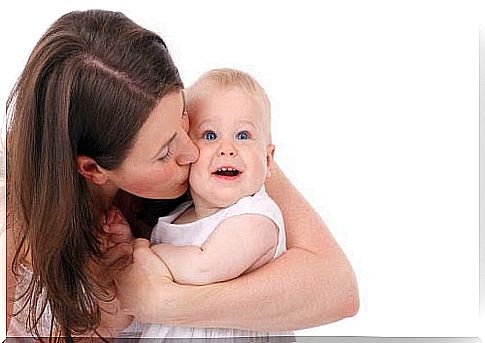
Has your baby for several days drooled and put everything he or she gets in his hands directly in his mouth? Has he or she cried for no reason? You might think your little one is in pain somewhere. And you may be right; this is because the baby’s first tooth is on its way.
Check the gums to see if it is red and swollen or has any symptoms of cracking. It is possible that it will happen soon and the top of the baby’s first tooth will appear.
About seven months, more or less, the baby’s first tooth usually appears, but this varies greatly and some babies are even born with teeth. Generally, it is the lower front teeth that come out first. And it is at that exact moment, when the whole family welcomes the sight of the pearly white, new tooth, that your baby will feel at home.
Of course, you will want to alleviate your baby’s discomfort as he goes through the ordeal of getting his first tooth. And it should be combined with recommendations from a pediatrician.
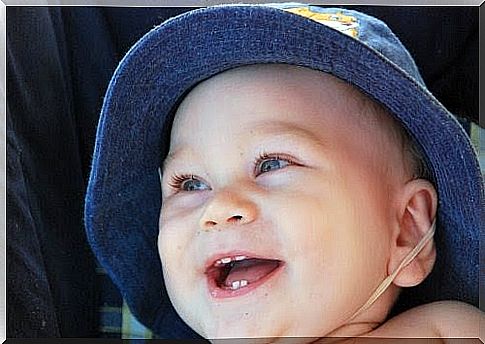
When should you plan for those uncomfortable days? Preferably from birth. If you are wondering why you should start so early, we must explain that your baby already has all his baby teeth inside the gums from the seventh week of pregnancy. These teeth are like small seeds in the mouth and have surprised more than one with an early arrival.
Let’s be ready for the baby’s first tooth
Now it is important to keep in mind that while some children get their teeth without barely noticing it, others feel a lot of discomfort. In the latter case, what should we do to make sure that our baby suffers as little as possible from the first tooth loss? We are talking about simple measures:
- Everyone has their own pace, so do not worry if the baby’s first tooth comes after four months, seven months or a whole year. With this in mind, give your baby a daily gentle massage on the gums with a gauze pad dipped in boiled, cooled water.
- Rub the gums with ice or a few drops of painkillers that you use as an antipyretic. There are also painkillers and even homeopathic creams. Buy one to have if you need it. The first tooth can come when you least expect it.
- Have a bite ring at home that your child can bite into. He or she will do it with the right intensity.
- If the baby is in a lot of pain, take it to the pediatrician or a dentist. Tooth cracking hurts but not extremely much.
- If your baby has diarrhea and high fever, it is not due to tooth decay. Your pediatrician knows what to do.
- Cool a teaspoon in the refrigerator. If you place it against the gums and gently press down, it will help the first tooth to come out.
- If you do not have a bite ring, it is very good to take a peeled, cold carrot to bite into. Be sure to cut off the tip, so that the baby does not stick it up in the nose.
Dental care
According to the pediatric dentist, it is a myth that pacifiers deform the baby’s teeth. In addition, it can be used to calm crying, help with sleep and reduce stress. New studies report that the use of the pacifier, especially during sleep, reduces the risk of sudden infant death in children.
In addition, breastfeeding is very important. It has been shown that breastfed children have fewer problems with incorrect bite. Sucking on the breast ensures proper growth of your baby’s teeth and the development of his or her mouth.
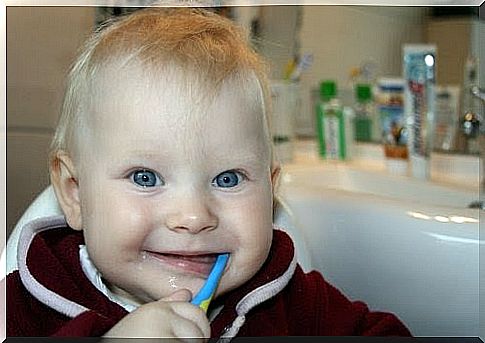
The fact that there are still no teeth does not mean that your baby’s mouth is not exposed to bacterial attacks. This is why it is advisable to clean your mouth with a wet gauze bandage every day. Once the first tooth has arrived, clean it with a damp gauze and then provide water to remove any food debris and impurities. If the baby falls asleep while drinking from his or her baby bottle, you should clean your mouth when you wake up, because milk residues contain bacteria.
After the first tooth has looked forward, its partner will soon appear. The adjacent front teeth will then appear, followed by the canines, the anterior molars (premolars) and finally the posterior molars (molars) about 30 months later when the child has a full set of 20 teeth.
Keep in mind that the dental care of baby teeth affects the permanent teeth. This is why after one year of age, or when your child has 8 teeth, you should start using a toothbrush and teach your child to rinse with water. And it will love to imitate mom… you will see that your child will have a lot of fun spitting out the water!
